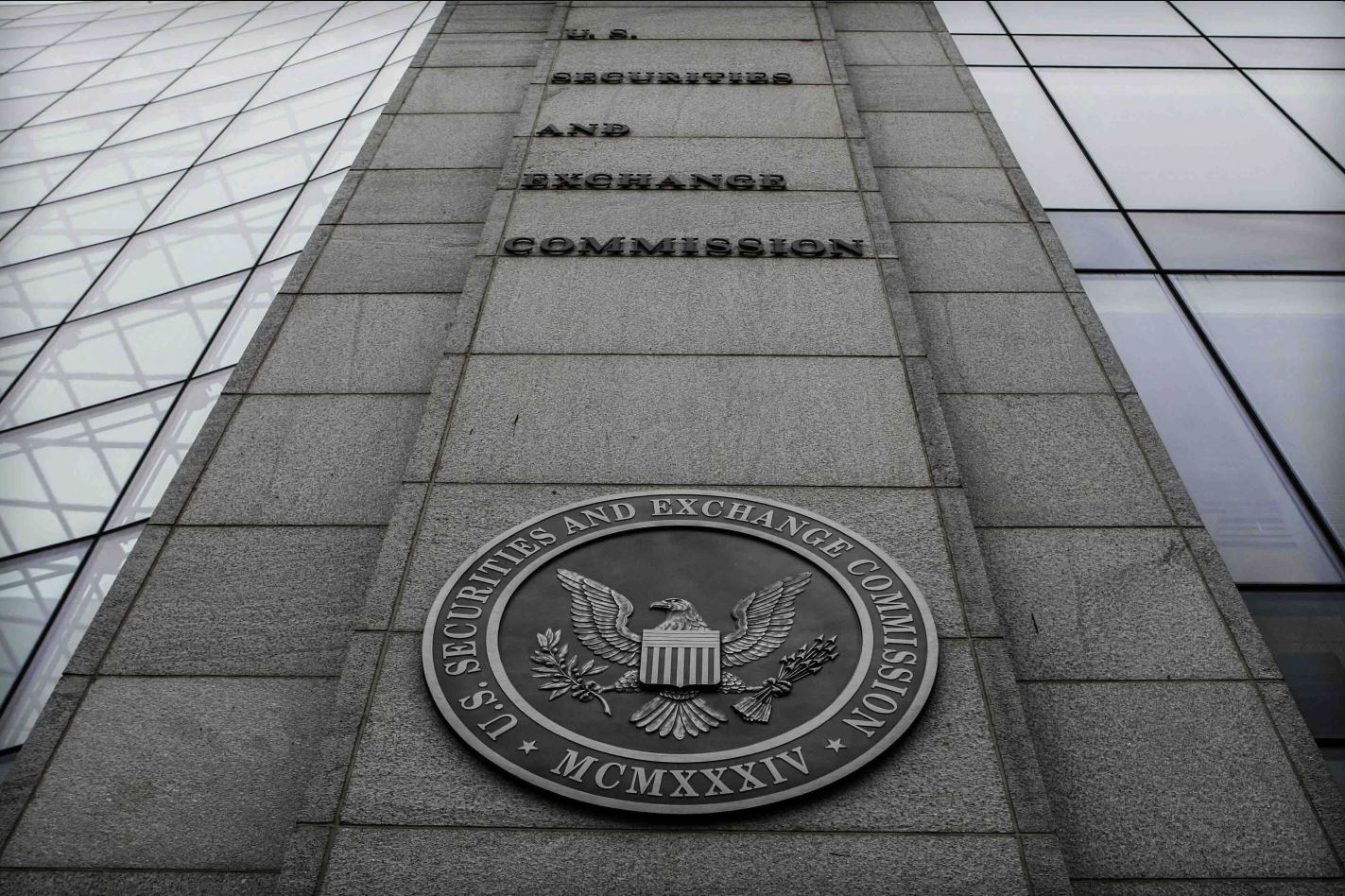By Michael Bright
Published on 4/10/2023: RealClearPolitics
Full text also below.
The massive bank failures in recent weeks were due largely to a lack of solid hedging strategies – an important way for financial institutions to handle risk. Despite that, the Securities and Exchange Commission is quickly and quietly implementing a provision of the Dodd-Frank Act that would significantly increase the difficulty, burden, and expense of basic hedging.
Section 621 of Dodd-Frank, better known as the conflicts of interest rule, mandates the SEC to bar transactions in which financial institutions bet against – or “short” – asset-backed securities that they also have put together to sell to investors. Such conflicted transactions, if not proscribed or disclosed, can put investors unknowingly in harm’s way.
But the new SEC proposal is much more far-reaching than the law intends. It is actually an obstacle to safe risk management.
The SEC’s proposed rule could restrict risk management not only at banks but also non-bank broker-dealers, asset managers, servicers, and anyone else involved in the business of securitization. The limitations go far beyond the types of transactions that were identified as inappropriate by placing pages of conditions on firms’ ability to conduct legitimate sorts of hedging and other vital risk management methods.
The SEC might not intend to restrict hedging. It goes to great lengths to say that its rule allows hedging. But its 190-page proposal and accompanying commentary want to have it both ways. The SEC says that it will only restrict the most egregious forms of trading. But the proposal’s list of conflicted transactions includes essential risk-mitigating activities.
Even interest-rate hedging – the type of prudent risk management that Silicon Valley Bank should have used to avoid its recent collapse – appears to run afoul of the proposed rule. The SEC gives the impression that it wants to expand its authority to provide maximum flexibility in its oversight of hedging transactions. Understandably, it does not want to leave large loopholes that can be exploited by unscrupulous actors. But restricting bad behavior by using a net so large that all vital risk mitigating hedging is caught completely lacks balance.
The rule can accomplish what Congress intended with a much clearer and simpler set of guidelines. Attempts to purposely circumvent the law can be quickly identified and punished.
A major part of the problem is the SEC’s determination to speed complex rules through to final adoption. More time is needed to examine and improve the proposal. Rushing the rule would hamstring the SEC from identifying unintended consequences that could cripple the securitization market, which is important for both consumer and business access to credit.
The SEC has repeatedly been asked by bipartisan members of Congress to provide the public adequate time to comment on the rule. Providing sufficient time to let the vast businesses scoped into the proposal analyze it and provide feedback would be more than worthwhile if the SEC can improve the rule and prevent another bank disaster.
The SEC needs to stop and listen to the growing outcry from experts in the field. Commissioners would be wise to take an extra minute to think about what they’re doing so they don’t throw the risk-mitigating baby out with the conflict-of-interest bathwater. This is a moment to talk about the prudence of risk management, not to make it harder.


